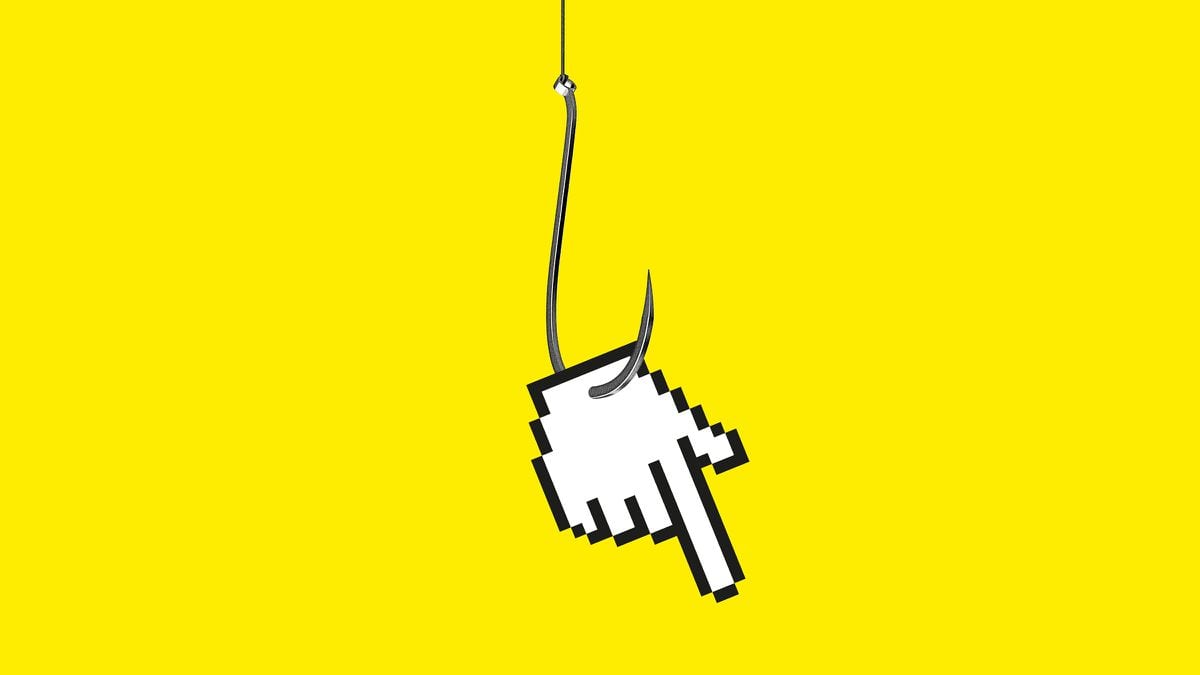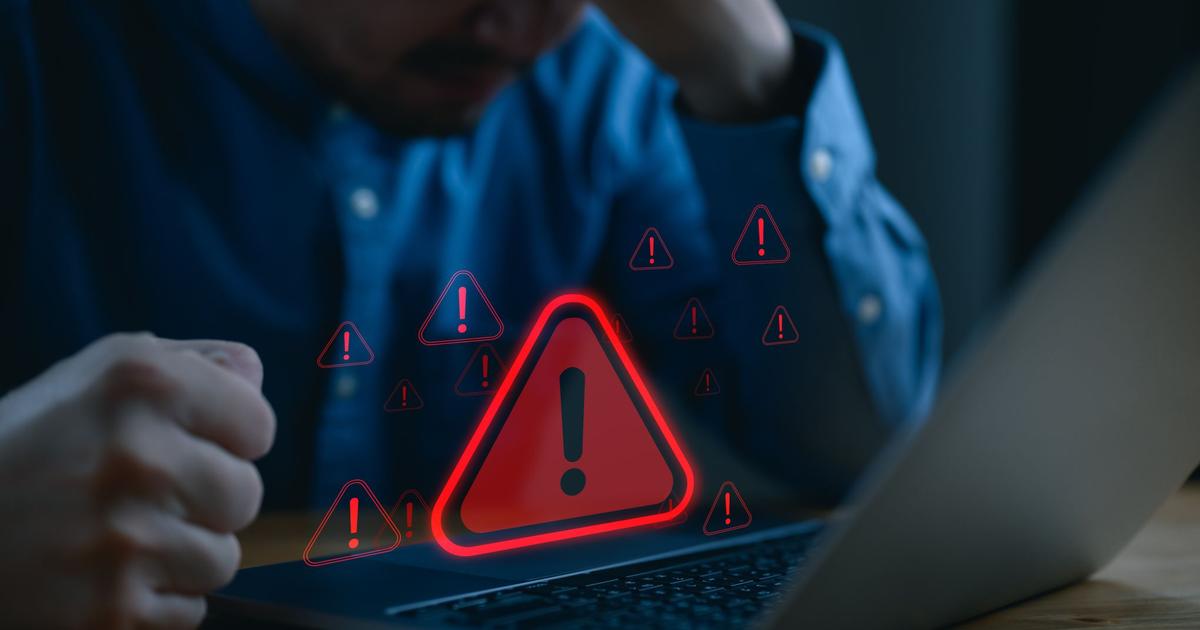Silvana Saldisuri
04/28/2021 6:01 AM
Clarín.com
Services
Updated 04/28/2021 6:01 AM
The number of bank scams had a notable growth in the measurements of last year, during the quarantine, as a result of the massive turn of users to digital channels in the middle of the pandemic.
The
theft of
access
codes
to homebanking or credit card data was one of the crimes
that grew the most in 2020
, according to data from the Specialized Cybercrime Fiscal Unit (Ufeci).
Bearing in mind that face-to-face assistance continues to be limited and restrictions could be deepened in the coming weeks due to the increase in cases, it is convenient to reinforce some
tips to avoid the most common deceptions
and safeguard the money that is kept in bank accounts.
The
scams
can have forms more or less elaborate, but in all cases, these strategies with which
criminals
attract the attention of users of digital money to be made of
personal data
and then steal money, make consumption with their cards or ask for fast loans.
One of the biggest risks when transacting over the Internet is that someone could steal sensitive information.
Photo: Clarín Archive
In fact, recently the
Central Bank (BCRA) warned about
a new form of virtual scam
that allows stealing all funds from a bank account, through its official
Twitter account
.
It is a series of emails with a false signature from a Central manager where they ask for personal data and pretend to be legitimate.
The IT security researcher at ESET Latin America,
Denise Giusto Bilic
, warned that we must be vigilant because "cyber scams have the characteristic of mutating with astonishing speed, being able to appear, compromising thousands of users and disappear in short periods of time."
He also spoke with
Clarín
about the most common deceptions, the most common
mistakes
people make who end up falling for cyber scams and the
strategies to protect passwords and personal data
.
What are the most common cyber crimes
One of the biggest risks when making transactions of any kind over the Internet is the possibility that someone could steal personal information that allows an attacker to
impersonate
a legitimate user and make money transfers or purchases on your Name.
Phishing is deception through fraudulent sites that mimic bank and business portals.
Photo: Clarín Archive
This type of attack has an immediate economic impact on its victims, usually forcing them to initiate bureaucratic processes to verify the fraud.
Such a scenario can begin with a
phishing email
(
scams
through fraudulent sites that mimic bank and business portals).
It can arrive through a well-positioned fraudulent site, a malicious email installed inside the computer, the exploitation of software on the victim's computer, a hacker or any combination of the mentioned factors, among others.
Of course, the theft of information can also have other less thoughtful consequences, such as the
use of stolen information for
sale in illegal markets
, identity theft to commit other types of scams (purchase of illegal goods or money laundering from cybercrime), extortion on social networks and messaging services, and others.
Scams that are spread through
social networks
under false promises of
vouchers or promotions
, or those that are carried out by telephone usually to try to obtain the double authentication codes of the user who has been selected as the target of the attack.
Avoid sharing sensitive information (address, telephone number, document number, etc.) on social networks.
Photo: Clarín Archive.
Common mistakes victims of cyber scams make
Do not be careful with the links you visit.
Thinking that no one could be interested in compromising your own information.
Not being responsible with what is shared on social networks.
Not having adequate protection technology.
Strategies to protect passwords and personal data
To identify whether a link or attachment is malicious, the user can analyze the details of
the website's security certificate
to verify that it is the genuine site.
Verify that the information is true by contacting the entity that claims to provide it through
other
official communication
channels
.
If you are going to buy on a site for the first time, use
the credit card instead of the debit card
and, if possible, prioritize the platforms that allow you to pay through third-party services without providing financial data, such as
Mercado Pago or Paypal
.
If it is a shortened link, check before entering that it directs to the official site.
Cancel any file downloads that start automatically
.
Avoid downloading and running files from untrusted sources.
Have a security solution with which to scan attachments, which also has antiphishing functionality capable of reporting dangerous websites.
Correctly configure the
privacy
options
of your account.
Avoid answering those emails or publications
, among others, that refer to
contests, prizes
, or requests for help of doubtful origin.
Use the
private browsing
function
whenever necessary.
Avoid sharing sensitive information such
as address, telephone, etc.
on social media.
Read the license agreements of the applications and platforms
to
avoid installing potentially unwanted applications (
PUAs) or ending up giving up confidential information
Build and use strong passwords, preferably
12 characters or more
, with alphanumeric characters and symbols.
Change them frequently according to the importance of the information they protect.
In addition, try not to repeat them between different platforms and activate double authentication factor whenever possible.
Learn about the
latest trends in
information
security
and computer threats.
LN
Look also
Hot Sale 2021: Everything you can do today to avoid traps or misleading offers in two weeks
Keys to making ends meet: how to build a family budget and save up to 35%











/cloudfront-eu-central-1.images.arcpublishing.com/prisa/KMEYMJKESBAZBE4MRBAM4TGHIQ.jpg)


